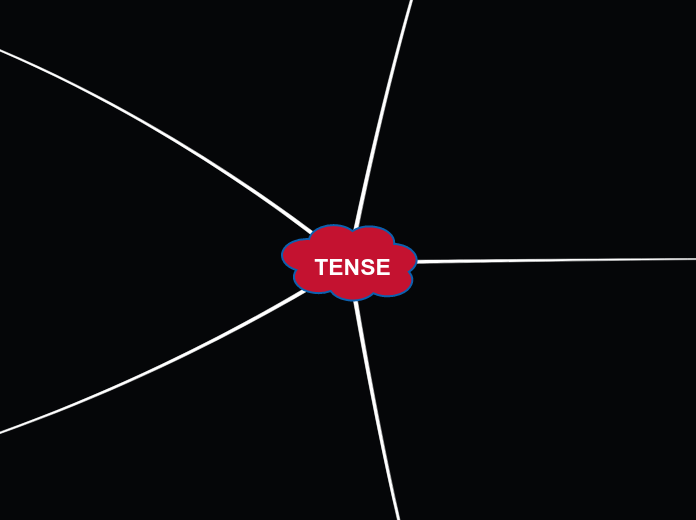by esmeralda martinez nuñez 4 years ago
247
TENSE

by esmeralda martinez nuñez 4 years ago
247

More like this
To talk about actions that began in the past and continue to the present
Auxiliary verb (have / has) + Subject + Verb in participle + Complement
Have I lost my wallet?
Subject + Auxiliary verb (have) + Not + Verb in participle + Complement
I have not watched that movie
Subject + auxiliary HAVE or HAS + past participle + complement
I have talked to the doctor
Likes and dislikes
Wishes and feelings
Subject + verb + complement
Do I eat a lot of fruits?
Subject + auxiliary do / does not + verb + complement
I do not eat a lot of fruits
Subtopic
Auxiliary do / does + subject + verb + complement
I eat a lot of fruits
Was / Were + subject + -ing form of the verb + complement?
Were you eating candies when I entered the room?
Subject + was / were + not + -ing form of verb + complement
I was not studying Physics at that time.
Subject + was / were + -ing form of verb + complement
Your dog was playing with its toys when I arrived
list a series of actions that were completed in the past
to talk about an action that lasted in the past
Did + subject + verb in its simple form + complement +?
Did you enjoy your fly?
Subject + didn’t / did not + verb in its simple form + complement
She did not go to the restauran
subject + verb in the past + complement
I enjoyed the tour
Verb to be + subject + gerund verb + complement?
Is he listening to music?
Subject + verb to be + not + gerund verb + complement
You are not listening to music
Subject + verb to be + verb in gerund + complement
EXAMPLE
I am listening to music